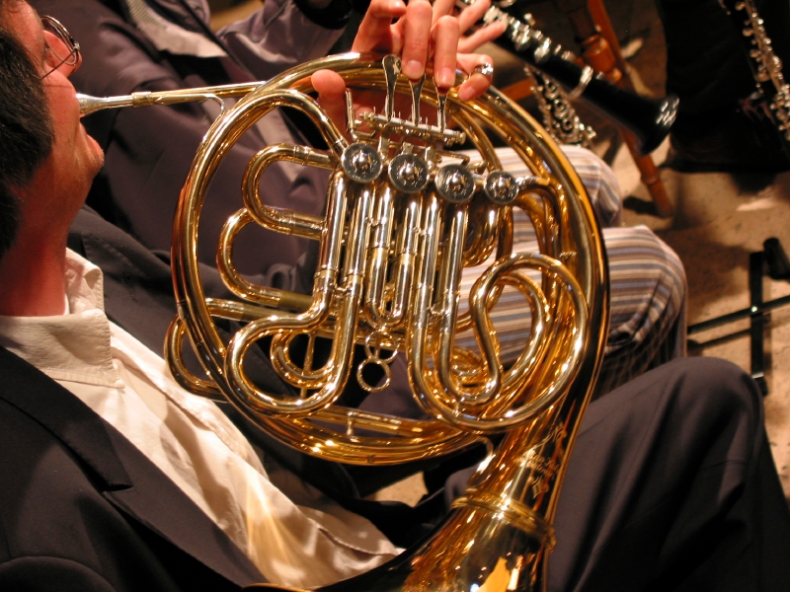Lots of things Evolve: history, landscapes, relationships, your entire life! Even the size, shape and character of the universe is constantly changing. It’s all a work in progress, with Mother Nature leaving nothing stationary. The music itself Evolves from chaos to beauty. Evolve chronicles the process, which is similar for all of the above, and more. Pick something you’re familiar with that is still evolving, and listen along for stages and turning points.
Tag Archives: contemporary classical music orchestra conductor
Classical Music’s Need for Speed
Is faster really better? Classical music performances are expected to be meticulous, impeccable and proficiently accurate. Artists hope to be called a “virtuso.” All the thousands of notes must be delivered spot-on. So what then, distinguishes one soloist or ensemble from another performing the same timeless piece? Interpretation is what it’s called, but what are the boundaries of interpretation inContinue reading “Classical Music’s Need for Speed”
Do You Like the Lights On or Off?
Do You Want the Lights On, or Off? … when listening to classical music? Do you like to close your eyes, or watch what’s going on? There are, of course, pros and cons to both. Lights On: Watching a great performance can be like the olympics. Musicians don’t just sit or stand there. It’s aContinue reading “Do You Like the Lights On or Off?”
What IS New Classical Music??
Classical Music, as most people know it, is everything from Bach to Copland.
This is not to be confused with the Classical Period/Era, which technically only
includes music written between 1750 and 1820. Think of the Classical we all
know, as the mother genre, for a group of sub-genres that were popular during
different periods, or eras. Chronologically, they would be baroque, classical,
romantic, impressionist, and 20th century.
Contemporary Classical then,
by definition, must include 21st century music. But, is there really any
classical music being written today? That probably depends largely on
instrumentation. However, not every modern arrangement that includes orchestral
instruments can be considered contemporary classical. If Lady Gaga’s arrangers
add a string section to one of her songs, does that make it classical? A summer
Pops concert employs a full orchestra to perform pop, rock and jazz tunes. Is
that classical? You hear a remix of Beethoven’s Fifth set to a dance beat. Is
that classical?
Perhaps we should look at history, as well as
orchestration. If a new(er) piece harkens back to the sounds of that
Bach-to-Copland genre, that may be one clue. If the style doesn’t originate
from some other established genre, like jazz, rock, dance or ethnic music, that
may be clue #2. If it adds something new, or different… advancing those
classical sounds, then you may have found Contemporary Classical.
Think
of the evolution of classical music as a progression, like making your way
across monkey bars. Each rung is a different “great master,” who added
something new to the advances of the predecessor. From Bach to Mozart, to
Beethoven, to Brahms, to Tchaikovsky, to Debussy, to Stravinsky, to Copland.
Each of them reached for something new, while using the previous rung for
support.
More than a decade into the 21st century, we may be, arguably,
stuck on a rung, waiting for the next great master.


